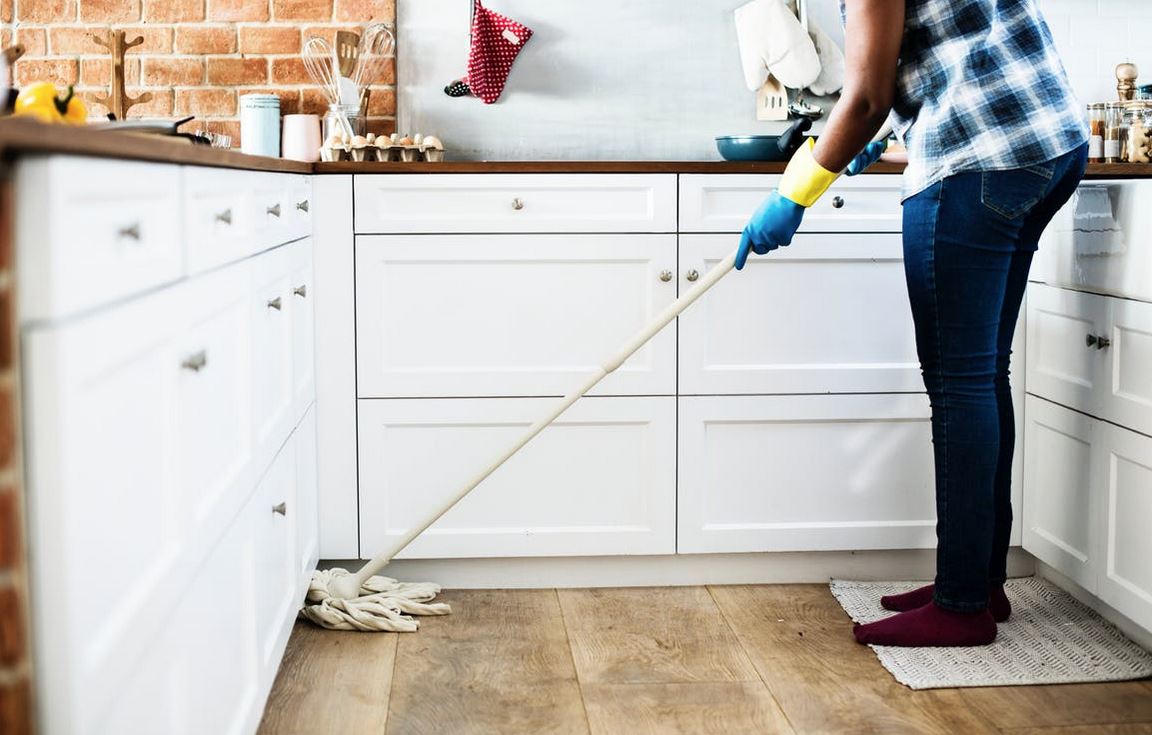U.S. News tells readers they will spend up to four percent of the value of a house for repairs each and every year. What is worse is the figure goes up as the house gets older. What are the biggest ways preventive maintenance works for homeowners? We have the answers below.
Houses Run More Efficiently with Regular Cleaning and Inspections
Much like you wash your car to get rid of dirt, debris, and mud, your house needs attention to stay clean. When your appliances and home systems work smoothly and consistently, they use less energy. The demand for more power and surging takes a toll on home units. With regular tune-ups, your air conditioning and plumbing give you no reason to call for repairs unless there is an emergency.
Your Yard Needs Consistent Attention
Curb appeal is a huge deal. Your home value drops when your yard has overgrowth, cracking paint, broken sidewalks, sagging gutters, and weedy flower beds. Trimming trees, securing loose shingles, edging the lawn, adding new mulch, and painting the front porch are simple fixes that cost very little when you attend to them immediately.
Remember to Maintain All the Buildings on Your Property
Garage door repair, security check-ups, fence fixes, and pest control are some other things you can do to keep up your home and outbuildings. With garage door services, including repair, you’ll find out if you need to replace springs or openers before there is a problem saving you from having the door stop midway up in the middle of winter leaving your valuables open to anyone. Conducting regular maintenance lets you know your property and buildings are always secure.
Passing on Regular Maintenance Puts You at Risk for Emergencies
Broken fence boards, rusty locks, and dark areas give burglars easy access to your house and garage. Maintaining the property protects your family and gives you time to make repairs if you find something broken. Guests or family members can fall when walking across uneven driveways or a big crack in the sidewalk. Faulty wiring can cause fires. Broken pipes open a whole can of worms with flooding risks, ceiling cave-ins, mold invasion, foundation cracks, and more. Any of these scenarios can put the people on your property in danger.
When you let maintenance fall behind schedule, you end up paying more money in the end. The cost to fix large issues is much more expensive than if you do the work a little at a time. Planning five percent of your budget for home maintenance should give you enough coverage for all your inspections and updates. A separate emergency fund of $1,500 is a good amount to set aside for the sudden fixes that require a specialist to come out in the middle of the night or on a holiday weekend.



